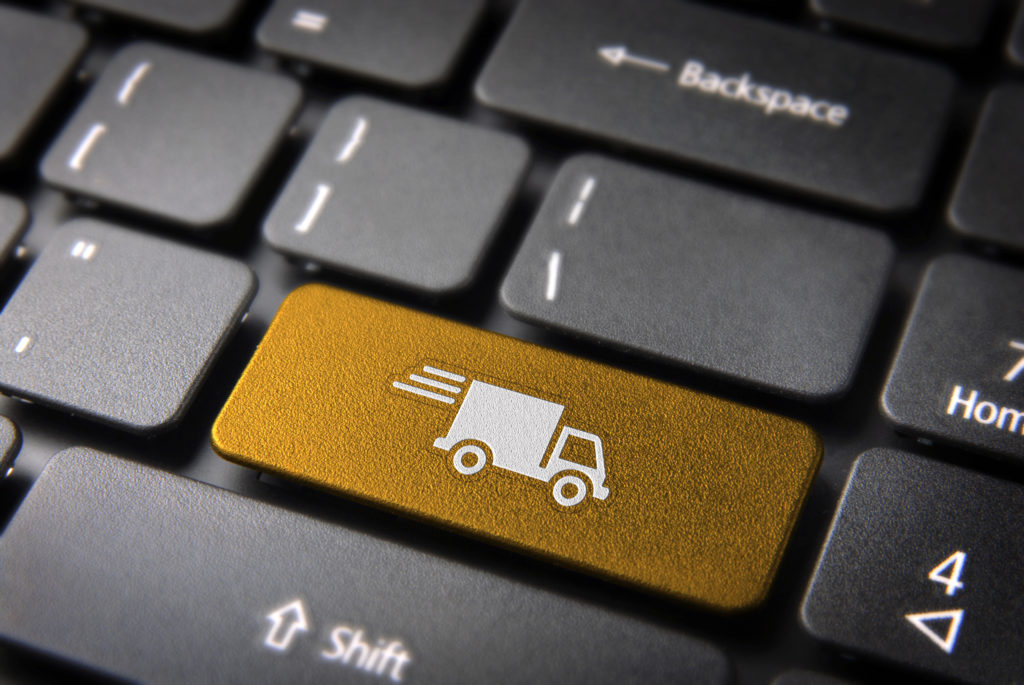
As drivers continue working on the front lines during the COVID-19 pandemic, social-distancing regulations can make truckers feel even more isolated than normal.
“Not only are drivers being exposed to the COVID-19 virus on a daily basis as they eat, fuel, deliver, and shower away from home, they worry about exposing their families if and when they do get home,” said president of Women in Trucking Association, Ellen Voie. “Now, add protests in major cities to the mix, and a driver’s physical safety is even more vulnerable. Their families need to be reassured that their loved one–a driver–is safe.”
Ruan president Dan Van Alstine agreed, saying truckers are especially worried about their families when they are returning home, or when they are choosing to self-isolate and stay on the road.
“A lot of times, drivers will have anxiety about what is going on at home,” said Van Alstine. “Right now, kids aren’t at school, and family members might be at risk. This is a bizarre time and can feel very different.”
For some drivers, social distancing has meant missing important family events or not being able to be present for family members in times of need. For over-the-road driver Glenna Willis, it has meant missing her husband’s occupational therapy appointments while he works to recover from recent health problems.
Because of this, Willis communicates with her husband and his doctors through Google Duo while on her breaks as she hauls freight for Tri-State Expedited Service out of Perrysburg, Ohio.
“I have a way to actually see his face and see how he is walking, or watch the occupational or physical therapy so we know what we can do at home,” she explained.
Like Willis, many truckers have been relying on technology to connect with family and friends back home, as well as with their carriers and co-workers. For drivers who are self-isolating on the job or who regularly work long-haul gigs, this mobile tech is especially important.
“Most drivers don’t go to a job and say, ‘Send me to a place where I’m going to have a difficult time staying connected,’” said DriverReach president, Jeremy Reymer.
Video chat capabilities through applications like Zoom and Skype have been widely used across the industry during this time.
“Video is very personal and engaging,” said Reymer, who called video calls the next best thing to chatting in person.
Those connecting with their trucking companies while on the road have found video chat apps extraordinarily useful, as well.
“We have a driver service department that calls drivers every day just to check in and see if they are having any issues we can help with,” said director of driver services for Averitt Express, David Broyles.
Cell phones have also become the new modern citizens band radio, according to professional driver Bob Stanton.
“We do daisy-chain phone calls,” Stanton said of himself and other drivers. “You can add people to the phone call. It is the chitty chat you would have done on a CB, but it is people we know instead of the random truck that happens to be in front of you. The challenge is if the person who started the chain leaves, you have to start all over.”
Stanton also has daily morning calls with his wife to keep them both assured the other is safe. “It is for both of us,” he said. “If she doesn’t call me back, the kids are going to go check on her. If I don’t answer the call, she has the 24-hour numbers for dispatch, so they can see if [my truck] is moving or not.” He also said he shares his location each not with his family via Google Maps.
Some drivers are having a tougher time with the isolation than others.
“I miss being able to give handshakes to my fellow coworkers,” said Averitt over-the-road driver, Chris Yohn. “I miss being able to have a meal at a truck stop surrounded by other drivers. There is no real way to combat the isolation. It’s just something we have to live with for now.”
Some companies are working on expanding further virtual communication among drivers in order to boost mental health during this time.
For example, driver health and wellness program provider Rolling Strong has a mobile app featuring social media pages allowing drivers to connect to new friends on the site.
“Once you find people, you can message back and forth between those new contacts you’ve made,” said Rolling strong president Steve Kane. “We built this whole gamification aspect of our program. You can create head-to-head competition.”
Kane said the mobile app makes it easier for drivers to connect to new acquaintances, and that drivers can also invite their family and friends onto the site, as well.
Averitt has also created a private Facebook page for Averitt drivers to more easily connect. The group is administered by the company’s driver services workers.
“Drivers share information they feel is important on the page and ask questions,” said Broyles. “We average about 900 posts or comments a day.”
Reader Interactions